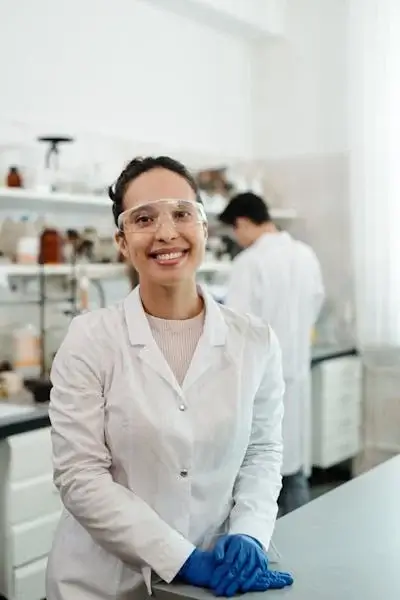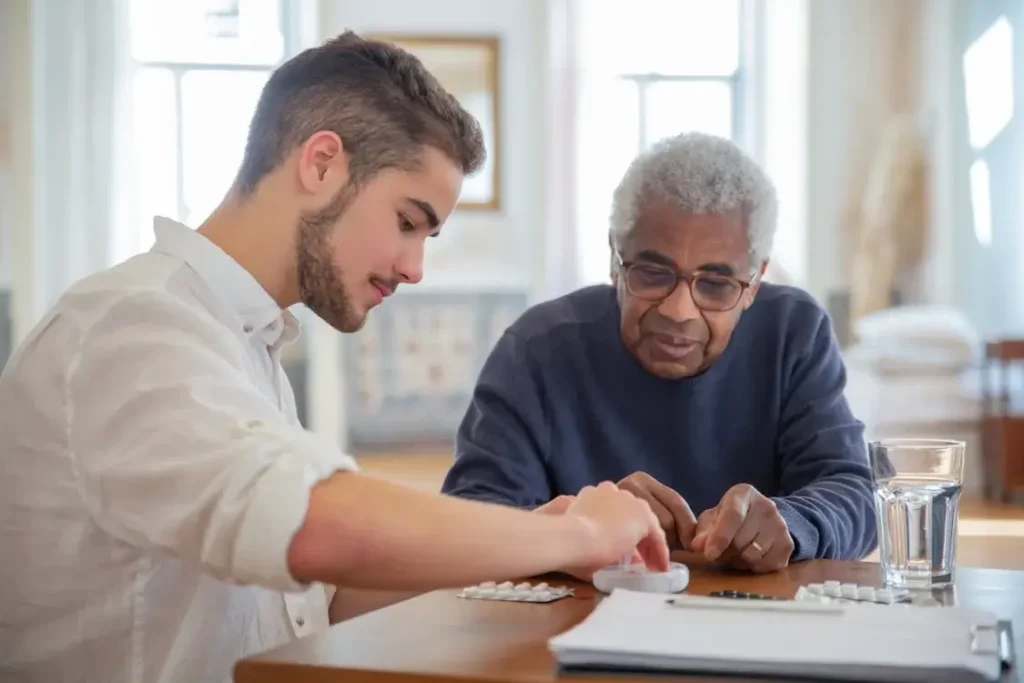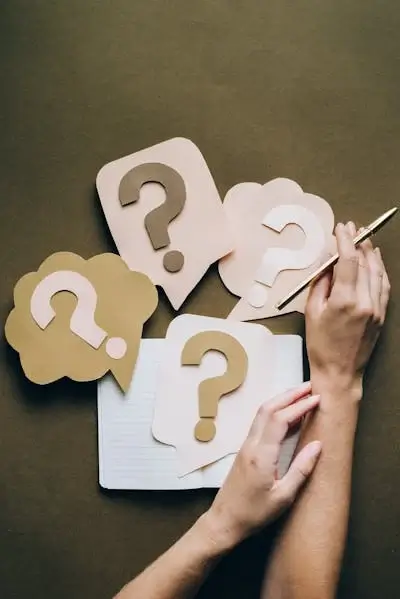Medicine Safety in Your Medicine Cabinet
- Every year, thousands of people face adverse drug reactions due to improper medication use.
- From accidental overdoses to dangerous drug interactions;
“Medicine safety is more crucial than ever. “
- Are you sure;
You are handling your medications correctly?
- Let’s explore key medicine safety practices;
This will help protect you and your family.
Why Medicine Safety Matters

- Poor medicine safety can lead to:
- Incorrect dosages (too much or too little).
- Mixing incompatible drugs that cause side effects.
- Expired medications losing effectiveness.
- Children or pets accidentally ingest medicines.
- Ensuring proper medicine safety can:
- Prevent health risks.
- Enhance the effectiveness of treatments.
How to Store Medications Safely
- Keep medicines in a cool, dry place (avoid humidity in bathrooms).
- Use child-proof containers to prevent accidental ingestion.
- Label all medicines properly with dosage instructions.
- Keep a separate storage area for:
- Prescription Medications
- Over-the-Counter Medications
Understanding Drug Interactions

- Some medicines react dangerously when combined.
- Common interaction risks include:
- Painkillers + Alcohol = Liver damage.
- Blood thinners + Vitamin K = Reduced effectiveness.
- Antibiotics + Dairy = Reduced absorption
- Recommendation; Before combining medications always consult:
- Pharmacist, Or
- Doctor
Medicine Safety: Common Mistakes to Avoid
- Skipping doses or taking extra to compensate.
- Sharing prescriptions with family members.
- Ignoring expiration dates.
- Crushing or splitting pills improperly.
Medicine Safety for Children & Seniors
For Children
- Keep medications out of reach.
- Use liquid or chewable formats for ease of use.
- Always measure doses accurately using medical syringes, not household spoons.
For Seniors:
- Organize medicines in weekly pill organizers.
- Set reminders for taking medications on time.
- Regularly review prescriptions in consultation with healthcare providers.
Medicine Safety: The Role of Pharmacists
Your pharmacist can:
- Educate you about dosage and side effects.
- Check for dangerous interactions with existing medications.
- Suggest safer alternatives if needed.
Recommendations
Always ask your pharmacist before using over-the-counter supplements with prescription meds.
Conclusion: Safe Medicine Use Starts with You
- Practicing medicine safety isn’t just about following instructions;
“It’s about taking control of your health.”
- You can protect yourself and your loved ones by correctly:
- Storing of medication
- Handling of medication
- Using of medication
- Start today by reviewing your medicine cabinet and making safety a priority!
FAQs about Medicine Safety

To dispose of expired medicines, what is the safest way?
- Return them to a pharmacy take-back program.
Can medications together in one place be stored?
- It’s best to separate medicines to avoid confusion,
Especially prescription and non-prescription drugs.
If a dose is missed, what should be done?
- Follow the instructions on your medication label.
- Or, before taking an extra dose, consult a pharmacist.
Are generic medicines as safe?
Yes:
- They Contain the same active ingredients.
- They are approved by the FDA.
Should medicine be taken with or without food?
- It depends on the medication.
- Check the label or ask your doctor.
- Start practicing medicine safety today by:
- Reviewing your medications.
- Consulting your pharmacist.
- Share this guide with family and friends to spread awareness!







